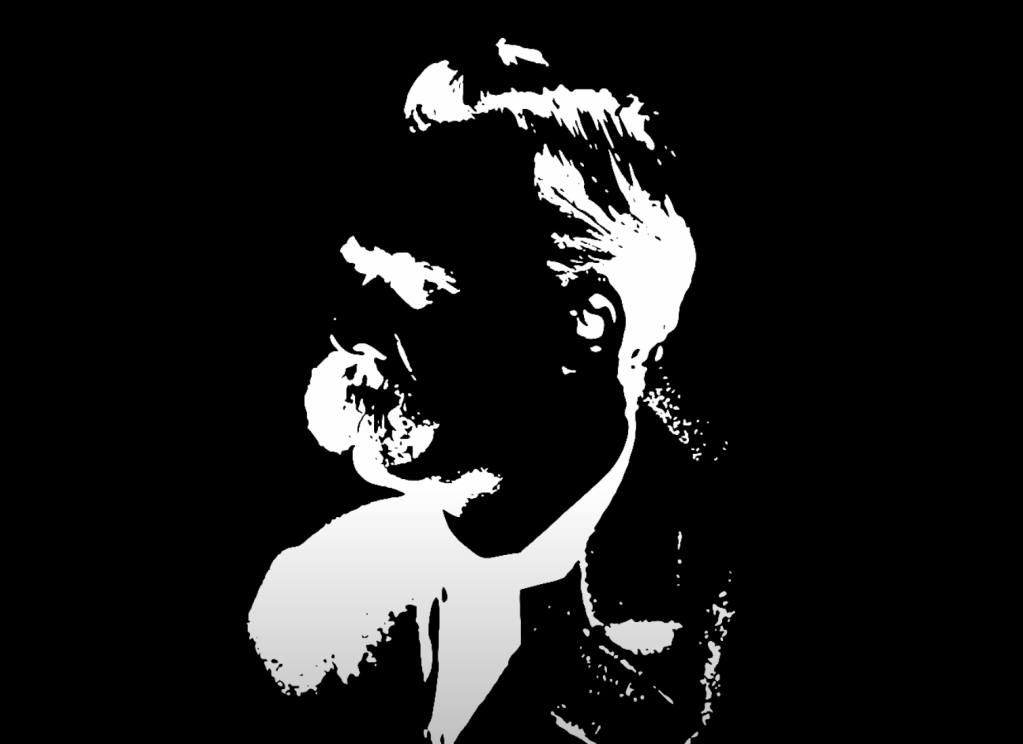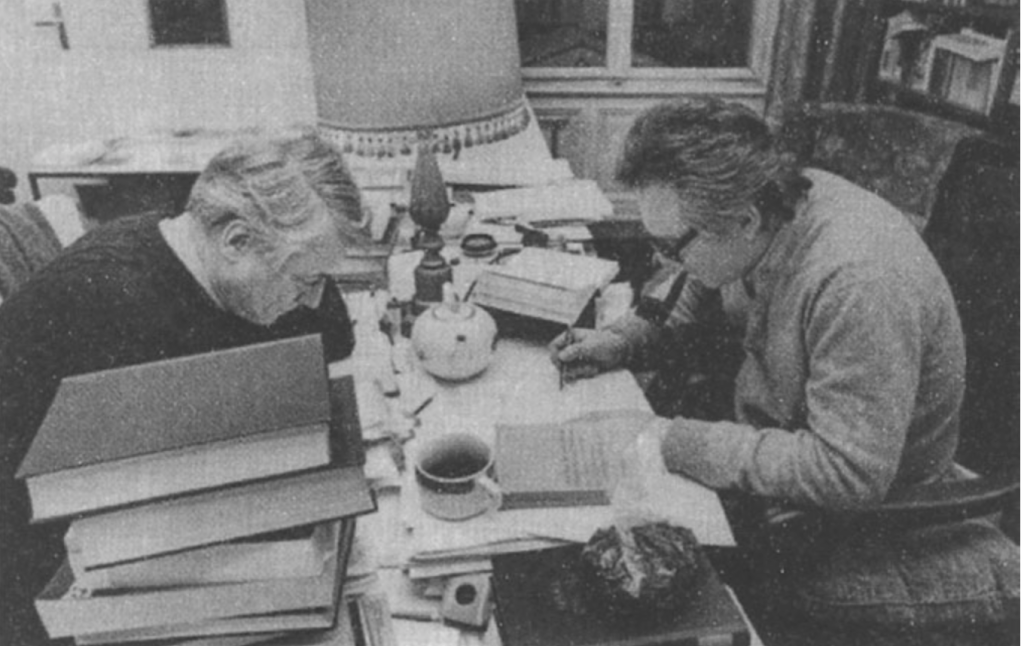I am not afraid to argue that Inception is a dream throughout the entire film. Yet, the film’s commentary is not necessarily interested in making this point, it would rather remain ambiguous, largely because we aren’t ready for that reading. I think the primary commentary that Nolan is getting at is a grand metaphor about the art of filmmaking… A play on the role of the viewer, director, and cast.
This type of filmic metaphor has been taken up by many directors, mainly more avant garde, but most notably by Tarantino in Inglorious Basterds, and Fellini in 8 ½. Both films were extended meditations through narrative filmic storytelling about the act of making a film.
Inception is a film about filmmaking, and it raises a number of important issues related to the form of film as a mode of entertainment in ways that challenge us: the most important one I think is that the entire film is a dream. I won’t completely defend this argument because it was argued very well by Devin Faraci in Never Wake Up: The Meaning and Secret of Inception.
Why must we feel robbed as an audience if the film is entirely a dream? What does having some grounding or stakes in reality offer by way of fulfillment? This sort of move on behalf of Nolan is genius in that he is challenging, albeit ambiguously, (it is left open whether it was all a dream) the very basis of the form of narrative symmetry and he’s creating new possibilities for Hollywood filmmaking. In time, it is films like Inception that will allow for the creative space for blockbusters to experiment not only with fancy technology, but also with form, irony, and metaphor.
I am interested in unraveling the psychoanalytic basis of the dream-reality universe created in the film. Taking up the idea that Inception was a dream all along we are left with several outstanding questions regarding the nature of dream vs. reality. What I would like to posit is that Cobb’s final castration of his wife’s repression ends up in the creation of a perfectly achieved fantasy dream world for himself.
Reality, as the film argues feels more like the fantasy-induced world of dream, and that is why it is so essential to have your own grasp onto the real by possessing your own unique totem. Why do the characters always talk about the pain of waking up from the dream? It is this conception of reality that closely resembles the theoretical legacy of Jacques Lacan.
In psychoanalysis, the first thing you learn in the triad structure of all perception (real, symbolic, and the imaginary) is that reality always leans on the side fantasy. Lacan relates this truth by way of a story about when he was woken up from a nap.
I’m woken up from a nap, but the knocking on my door initiates a dream – this dream brings a recollection or a fantasy image into my mind in the form of a representation. I can only bring myself back into symmetry with waking reality through another process of making a representation. The representation that I make coming out of the dream then is an homage to the missed reality. Since reality always repeats itself, it ends up being a missed reality to immediate perception and hence is always elusive. The dream is not simply a fantasy fulfilling a wish, but desire is the crux of the dream image – the dream takes the place of the representation of reality.
If you were to map the school of psychoanalysis onto the world of Inception, I would argue that it’s more Lacanian then it is Freudian, and certainly not Jungian in any way. More specifically, the most common tropes dealt with include the following:
The subject as rooted in a primal traumatic experience that is set deep within the unconscious. This is the basis of the Freudian-Lacanian subject.
The subject’s reality always consists of a hitch, which first presents itself in psychoanalysis as trauma. Trauma, as Freud puts it, is always in opposition to the pleasure principle and to the reality principle. Lacan, in The Four Fundamental Concepts of Psychoanalysis examines the role of repetition in Freud’s development of the “slip” and the reality principle, and most importantly to the system of the unconscious. To Freud, reality remains in abeyance, in restraint, in suspense. Reality remains between perception and consciousness.
There is a major problem with perception to Lacan, precisely because it is split within the dimension of fantasy and reality. This brings up the problem of the non-existence of the subject that Lacan posits, and this theme is explored via Cobb’s wife. Since all perception is not rooted in an internal faculty (i.e. it is non-Cartesian)– all perception is always externalized. As such, the self I see myself warming is not the same as “I warm myself by warming myself”, or “I see myself seeing myself.”
To Lacan, perception is always in the apprehension of objects. As soon as I perceive, my representations immediately belong to me. This play with the blurred reality between reality and dream is actually the crisis of subjectivity writ large that Lacan writes about. Lacan’s subject, when reduced solely to the certainty of her own being begins to actively annihilate her own essence.
In the film, Cobb’s wife’s, like the Lacanian subject write large, is always filled with an inherent lack, and as such, her subjectivity is rendered devoid. This idea of subjectivity rendered void is rooted in the risk that sustained exposure to the netherworld of the dream (or we could add in her desire and a commentary on jouissance), when you die in your dream. Cobb’s wife was sucked into this interstitial space in a confrontation with her own bare essence, the symbolic fiction of the real and fantasy-dream world had become conflated.
The fact that Cobb is able to keep her alive in the realm of his own fantasy indicates another Lacanian truth, that the subject is a signifier for another subject. Lacan remarks that
Every real signifier is, as such, a signifier that signifies nothing. The more the signifier signifies nothing, the more indestructible it is.
We are filled in our lack of signification in the dimension of the real by an other that determines our fantasy relations. For Cobb it was the repressed guilt of his wife’s suicide, for Fischer it was his father, but the entire system for all of the team – i.e. for all of humanity is still situated around these deep repressed objects. Even the very beginning sequence where Saito, the corporate power house who pays for the entire job has the deep object repressed which Cobb is able to extract.
The totem represents what in psychoanalysis is referred to as fetishist disavowal. Fetishist disavowal is the attitude that sustains the dream-fantasy-reality space, this interstitial space that Cobb’s wife was sucked into, leaving her in a confused confrontation with her own being. It states “I know very well that reality is more unreal than my dream reality but I persist in reality nonetheless, and this object keeps me tied to the illusion that what is happening around me is real.” The only thing that keeps the subject from confrontation with the real of the traumatic repressed object is an object that fills in the trauma of fantasy.
The primary job of the film, that is to plant an idea in Fischer, and as we learn it has never been done (except what Cobb did to his wife, which backfired) represents the idea of symbolic castration. Symbolic castration is portrayed in Cobb, and in Fischer, as the film ends with a catharsis for both characters.
In the language of psychoanalysis, Cobb and his team are seeking to offer Fischer a sense of psychic agency, to fill over the lack of the other – the lack that Fischer sees in himself through the gaze of his father that determines his psychic reality and destiny, which of course is Oedipal through and through. What Cobb and his team are seeking to perform on Fischer is symbolic castration, that is, Fischer’s symbolic lack is of an imaginary object (the father’s disappointment in him). As Lacan argues, the symbolic can only be healed through language, and as you remember, the team simply edited a slight addition to the last conversation Fischer has with his father. the core of the castration of the real father was through a slight addition to his father’s desire for him. After castrating the Oedipal master signifier, (his father’s disappointment) he is able to enter equilibrium with his own desire complex.
For Cobb, the symbolic castration allows him to subsume with an equilibrium of the dream-fantasy world as an ideal reality, i.e. both characters are able to escape the traumatic objects that keep them from the traumatic confrontation with the dimension of the real.



Leave a comment